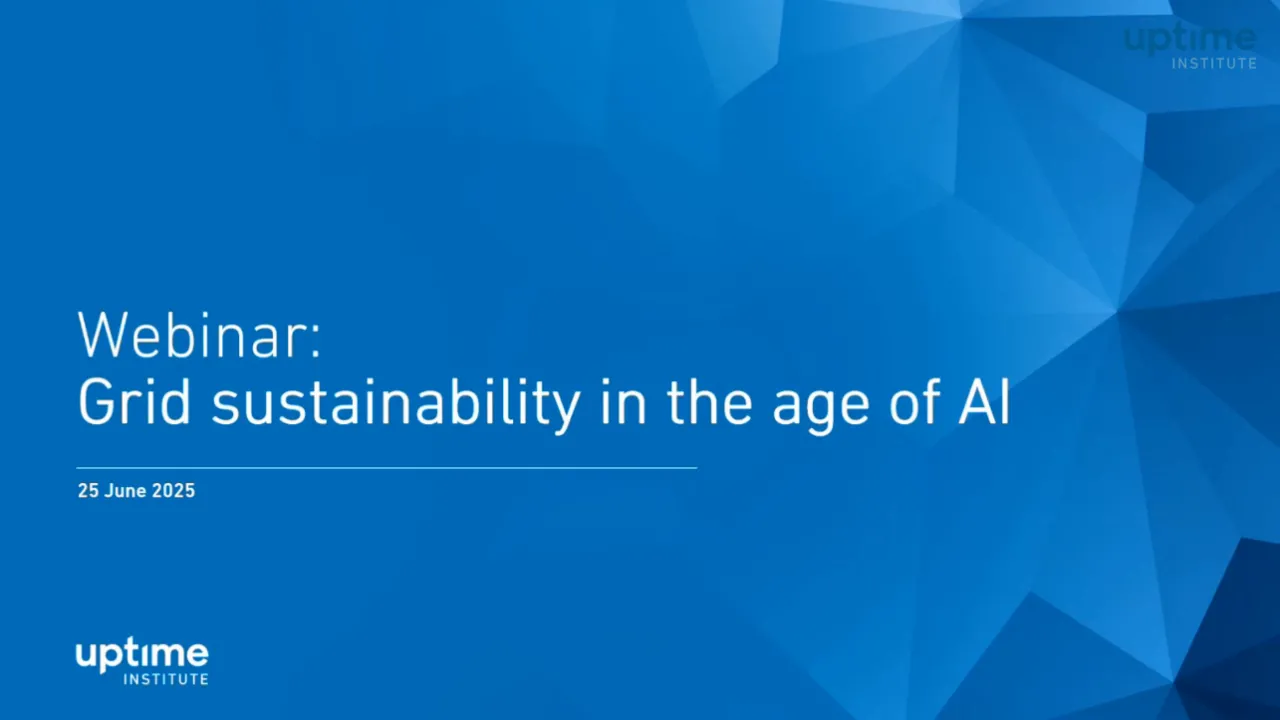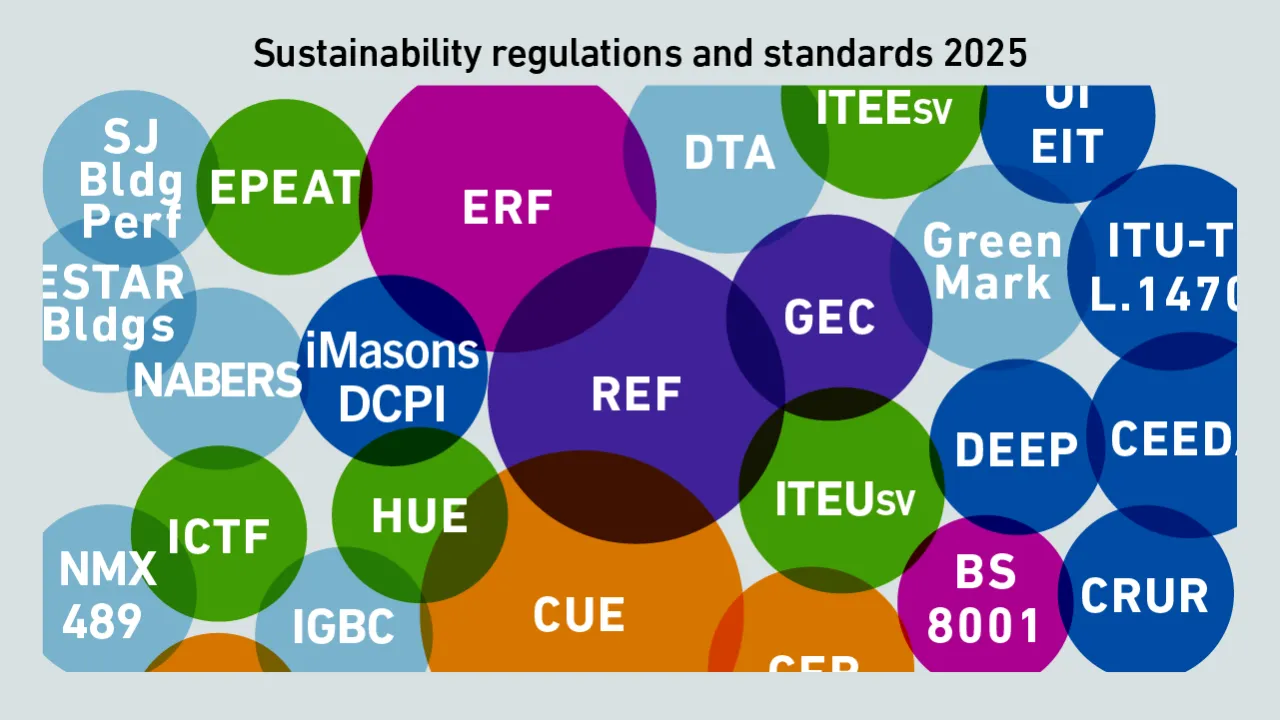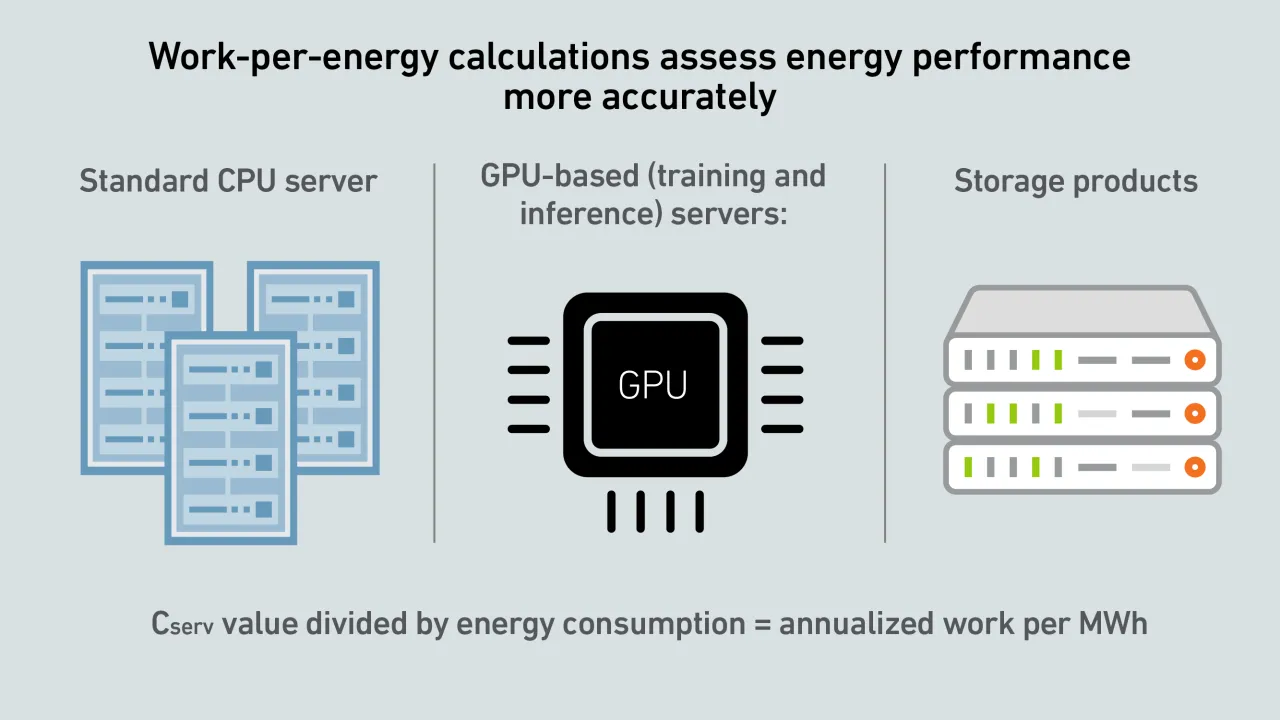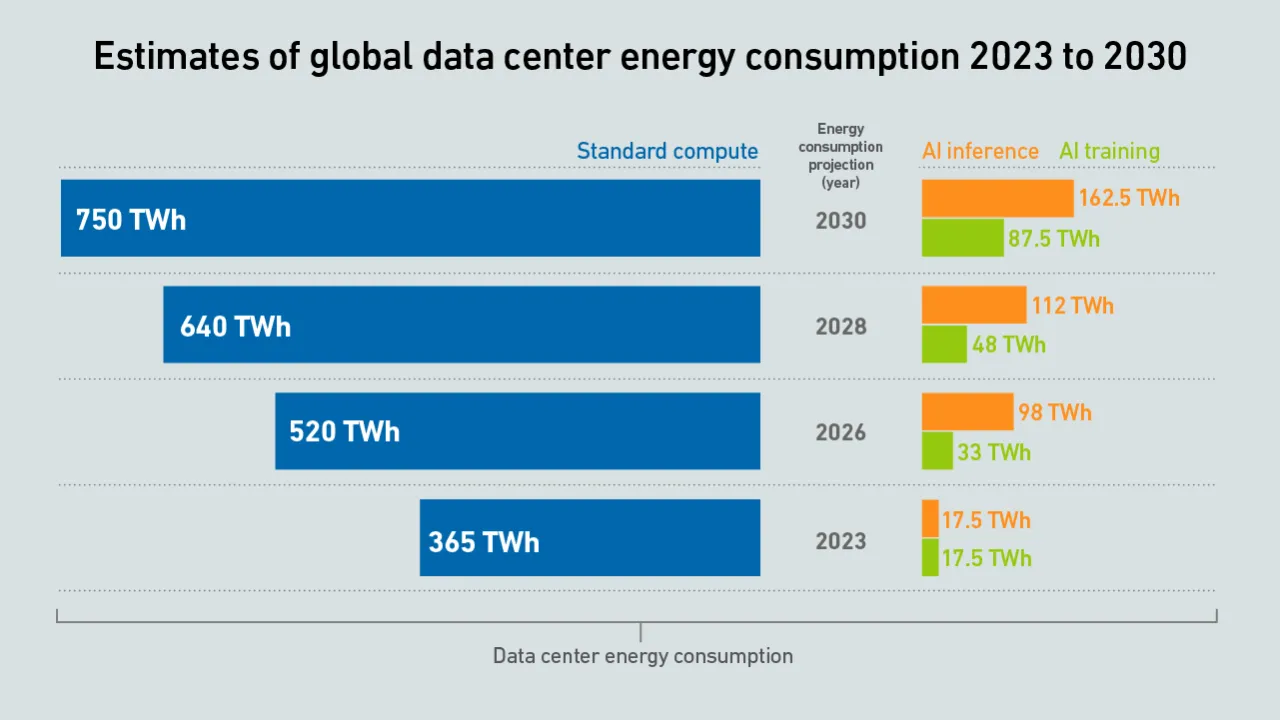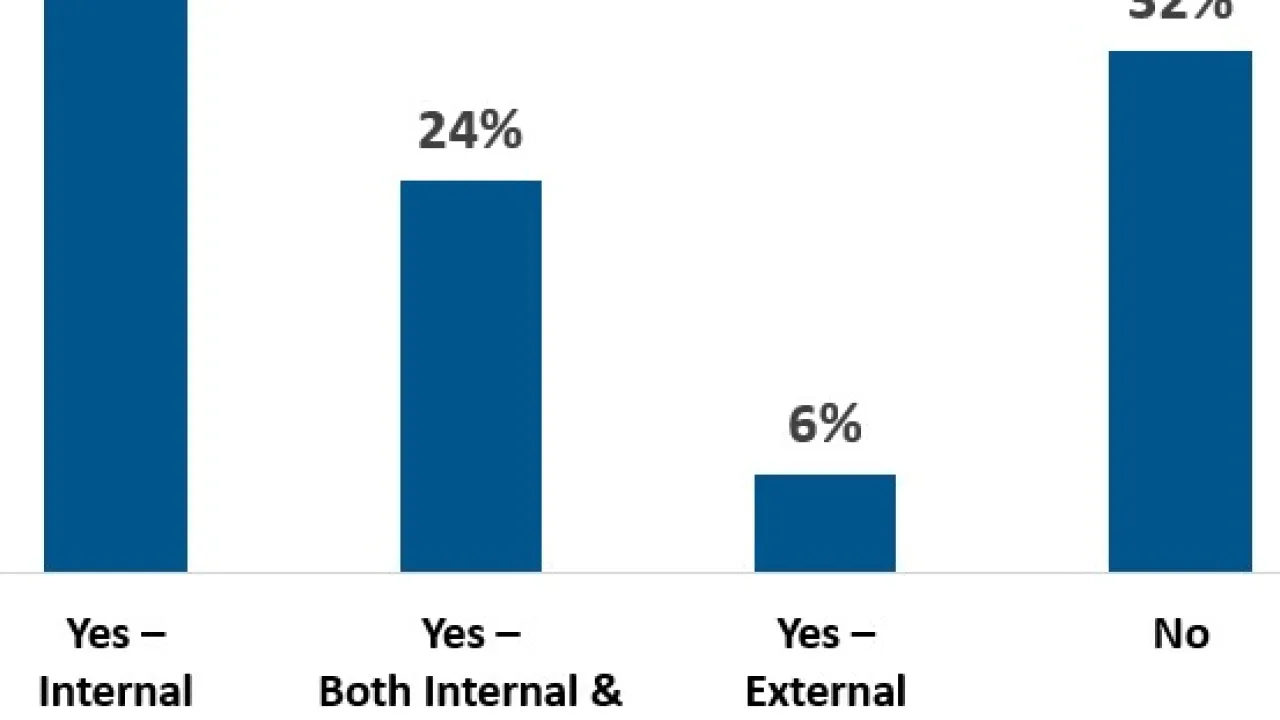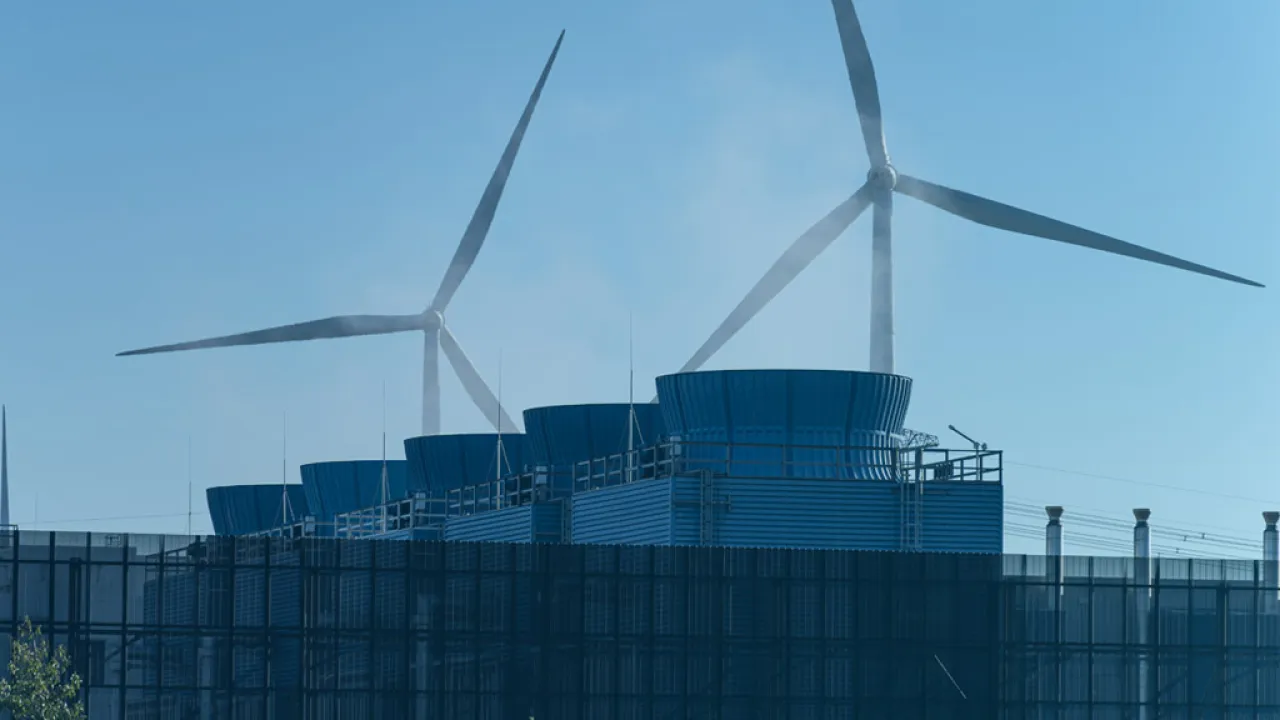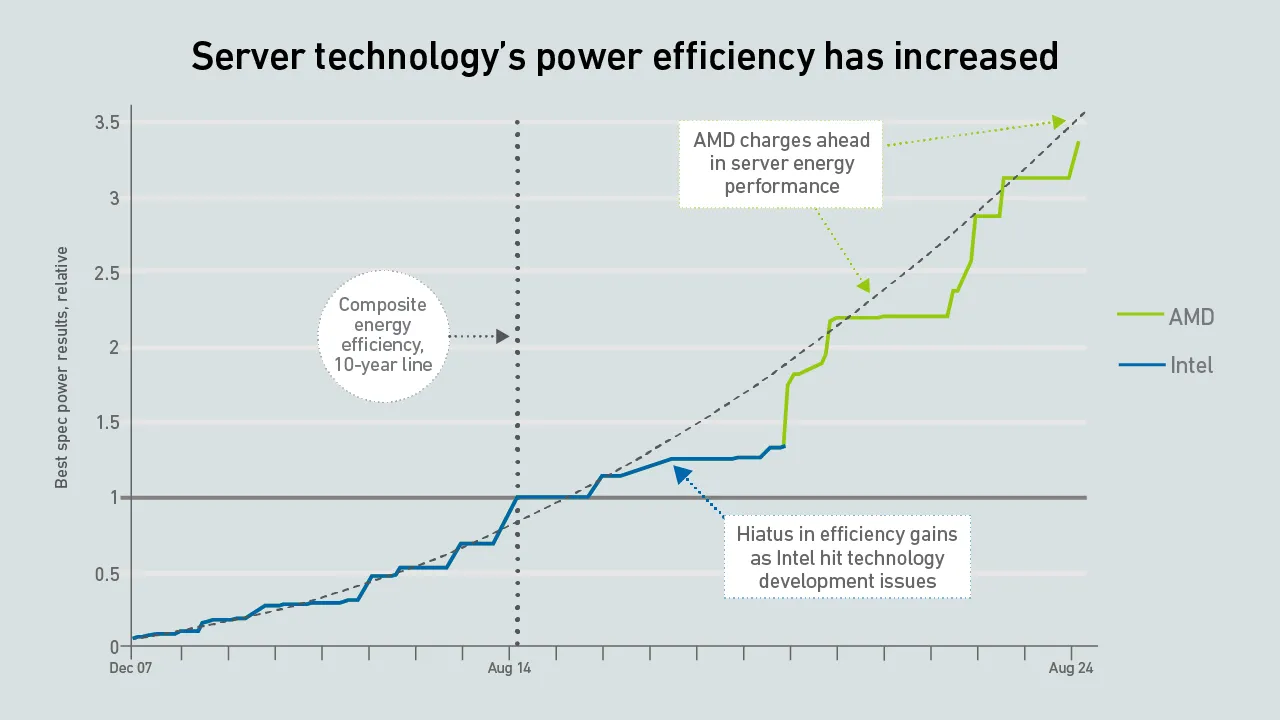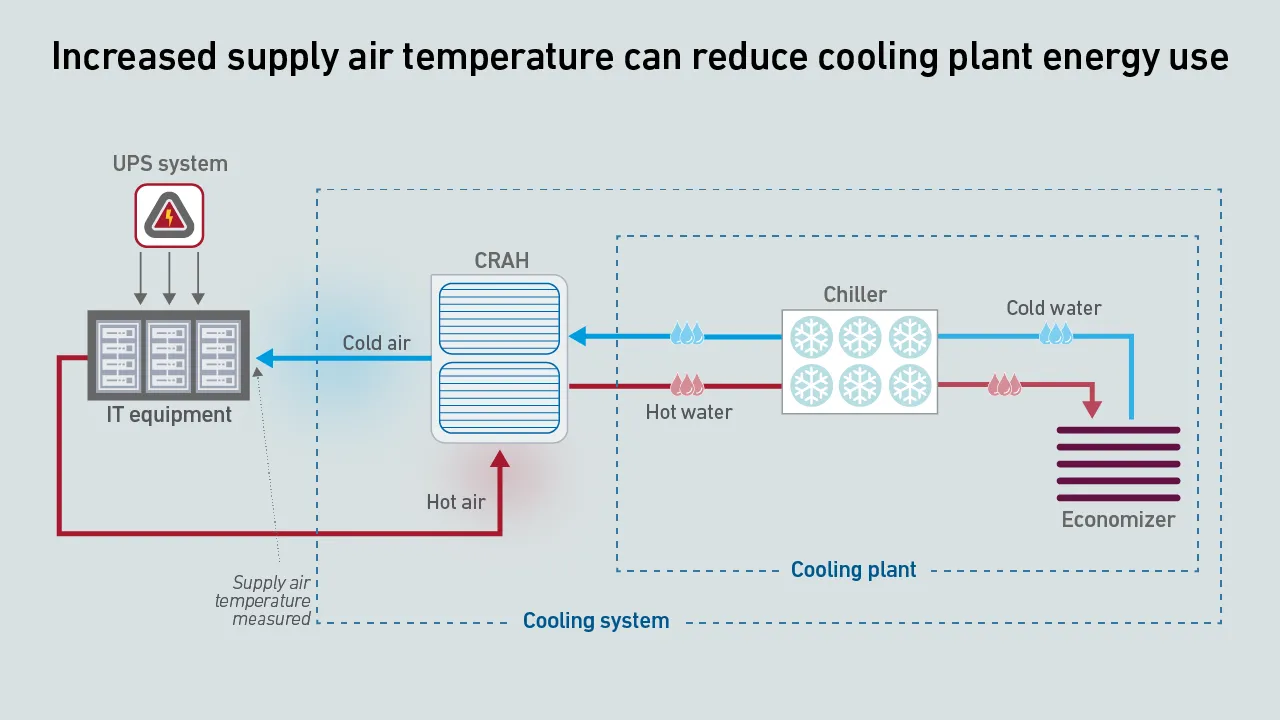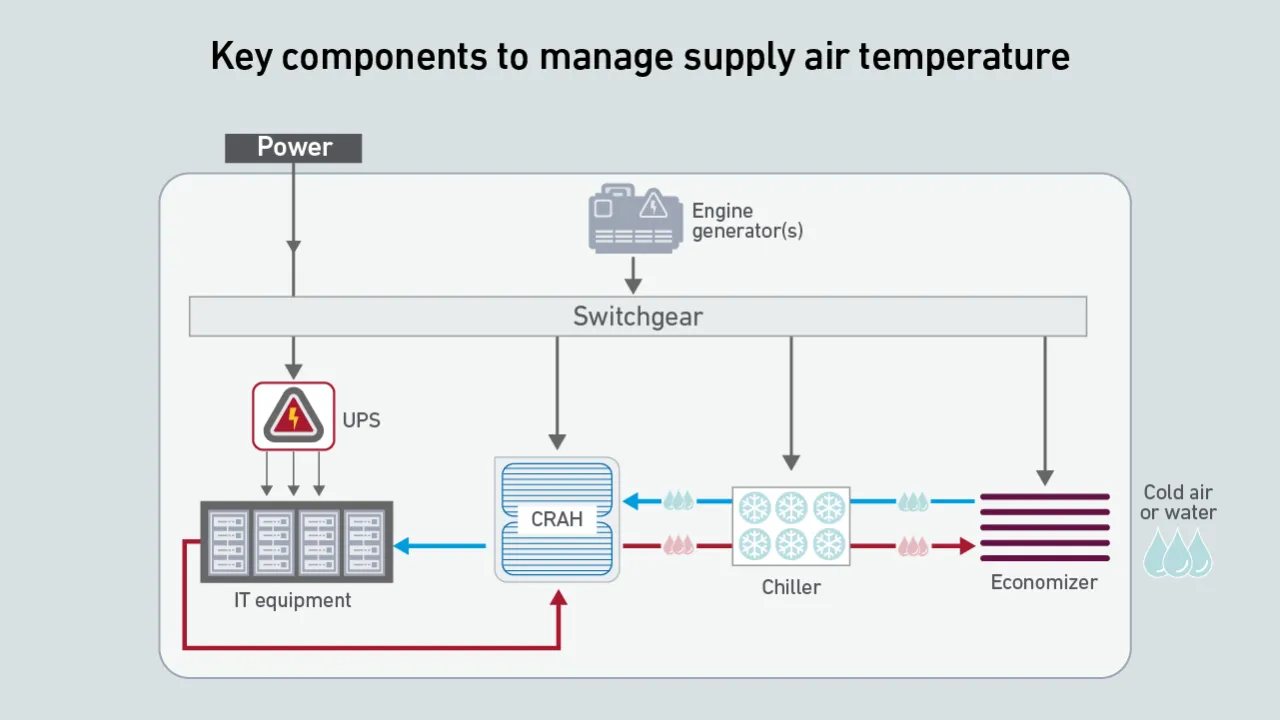Uptime Institute's Sustainability and Climate Change Survey (n=1,054) benchmarks the data center industry in areas such as sustainability assessments, responses to extreme weather events, and how operators are handling regulatory requirements.The…
filters
Explore All Topics
This report analyzes facility-level PUE data from the Global Data Center Survey 2025, highlighting differences by region, facility size and age. It assesses the vulnerability of the industry to PUE minimum performance standards.
French operators must consider three regulatory sustainability reporting frameworks and a policy for tax incentives. A proposed law will fast-track facilities of national interest, potentially overriding local environmental protections.
The projected tripling of data center capacity calls into question the industry's commitment to sustainability. The growth creates an opportunity to build out energy- and water-efficient infrastructure and increase carbon-free energy use.
The Uptime Institute Global Data Center Survey, now in its 15th year, is the most comprehensive and longest-running study of its kind. The findings in this report highlight the practices and experiences of data center owners and operators in the…
As Malaysia's data center market booms, the government has initiated regulations and standards to manage and direct energy use, efficiency and sustainability - building on emerging global policy trends.
Uptime experts discuss and answer questions on grid demands and sustainability strategies while debating how to meet decarbonization goals.
This briefing report identifies and describes several de facto standards and laws used in the field of data center sustainability and efficiency (for convenience, we use the term "standards" for all).
IT operators lack a credible work-per-energy metric to report overall IT and facilities system efficiency. Developments in reporting IT equipment work capacities enable the industry to begin experimenting with this metric.
The data center industry's growth projections can be met by combining energy supply growth and demand reduction. Highly utilized IT infrastructure and efficient software can mitigate demand growth while delivering needed IT capacity.
Uptime Institute's Climate Change and Sustainability Survey (n=974) benchmarks climate change and environmental sustainability issues across the data center industry.The attached data files below provide full results of the survey, including data…
As AI supercharges the growth in data center energy demands, new developments are likely to be increasingly politicized. Central governments may support their expansion, but opposition from local authorities and environmentalists will grow.
Many organizations still do not tap into the potential power efficiency gains hidden in servers. Without operational focus on extracting those, future server platforms may bring marginal, if any, energy performance improvements.
Raising supply air temperature is drawing interest from data center providers and regulators in some countries. While saving energy, it may also reduce resiliency. This report quantifies energy impacts to clarify when it can be beneficial.
Increasing supply air temperature is gaining interest as an approach to potentially save data center energy. However, savings will not be universally possible and understanding its potential involves a complex multivariable analysis.
 Paul Carton
Paul Carton
 Anthony Sbarra
Anthony Sbarra
 Laurie Williams
Laurie Williams
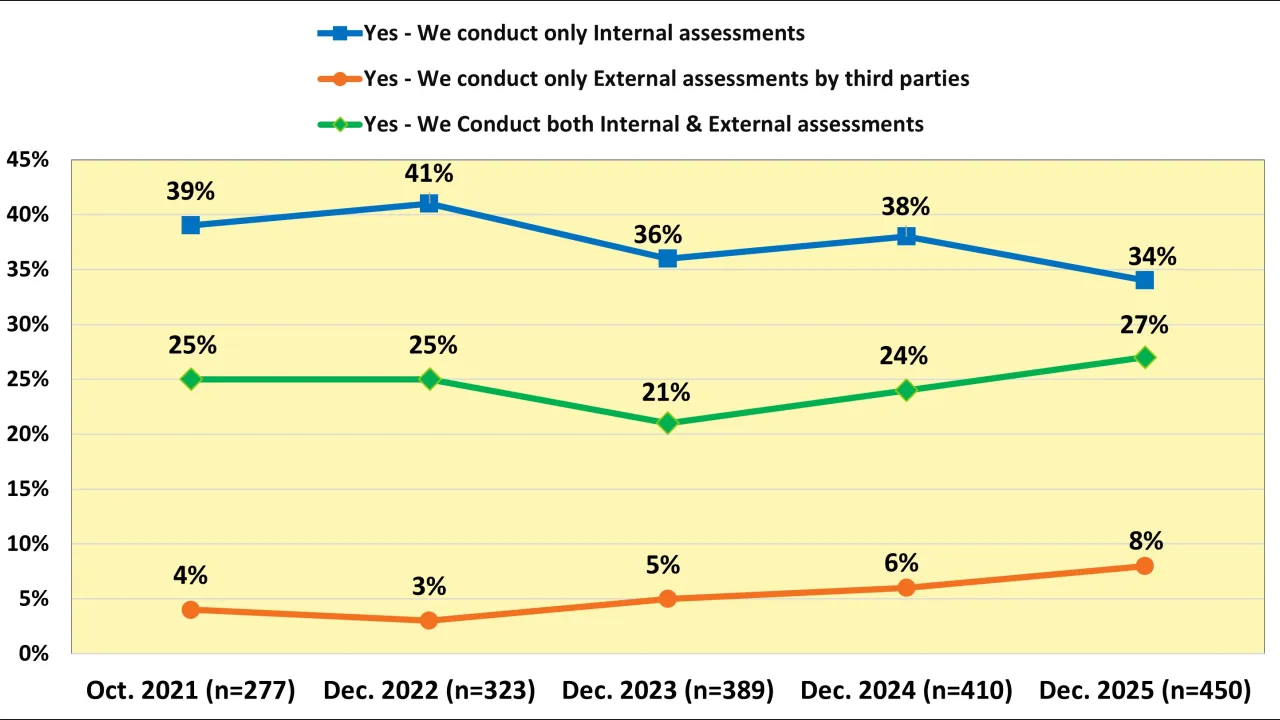
 Jay Dietrich
Jay Dietrich
 Douglas Donnellan
Douglas Donnellan
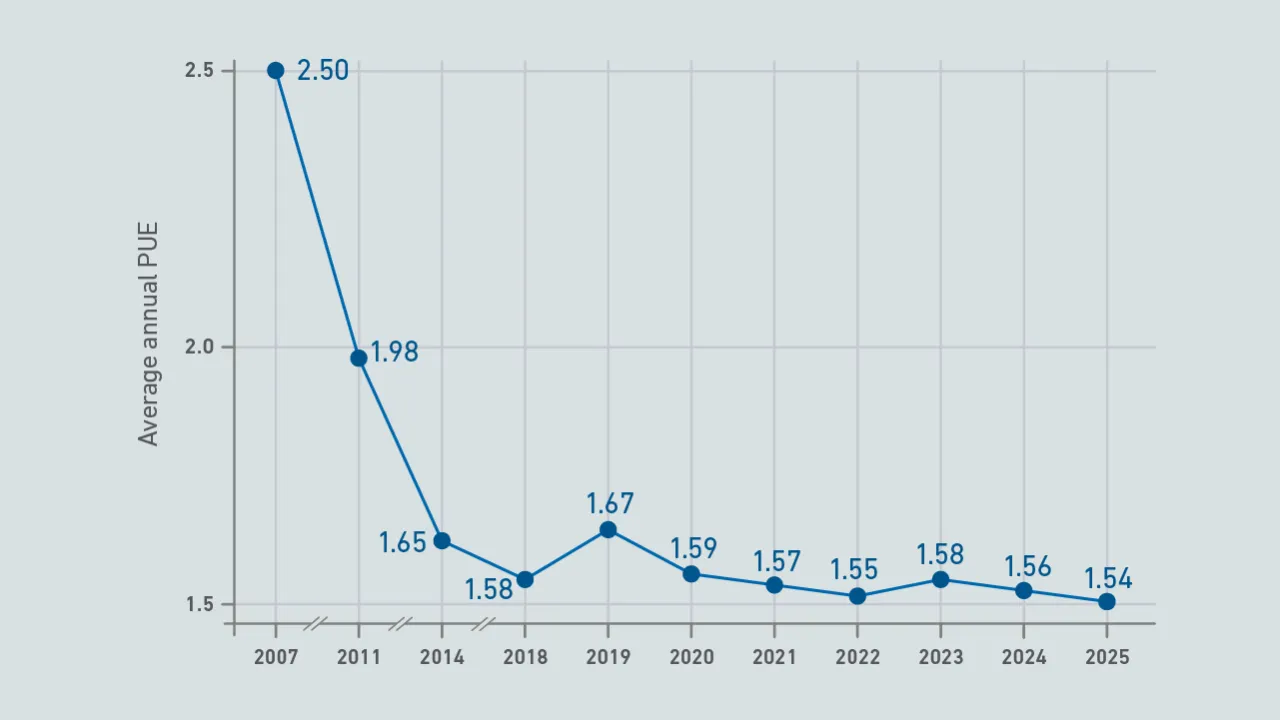
 Dr. Tomas Rahkonen
Dr. Tomas Rahkonen
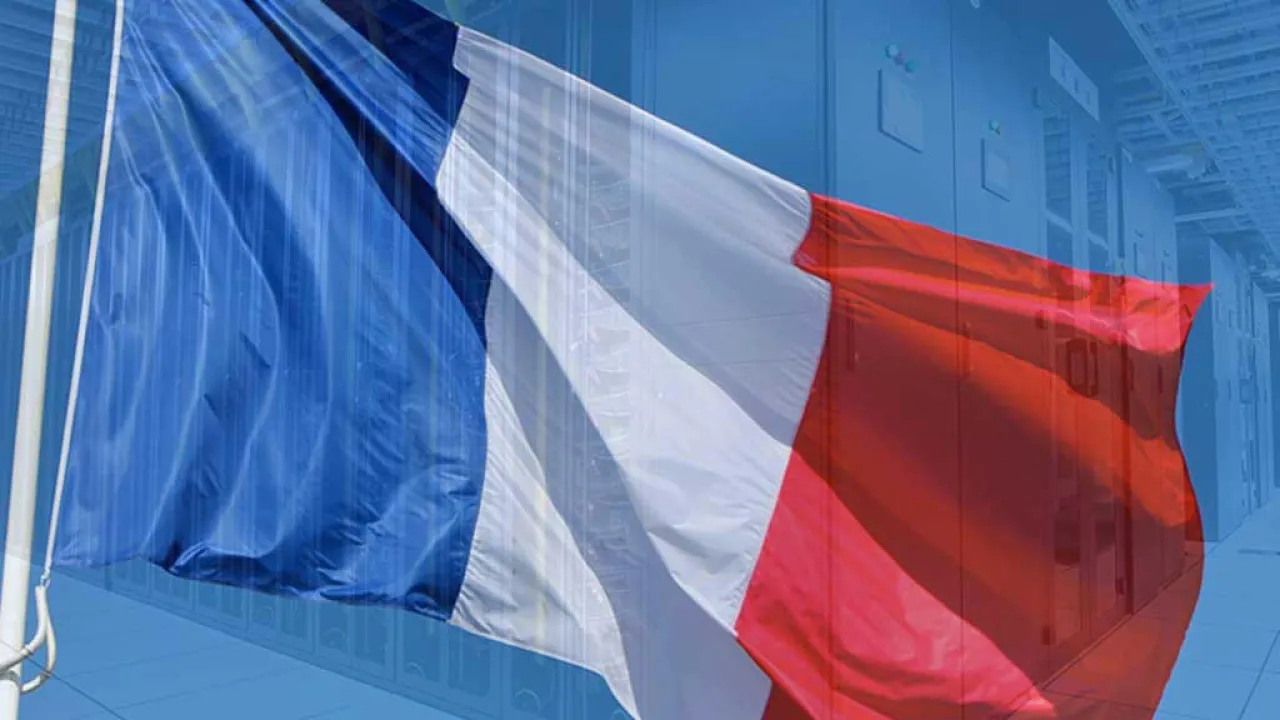
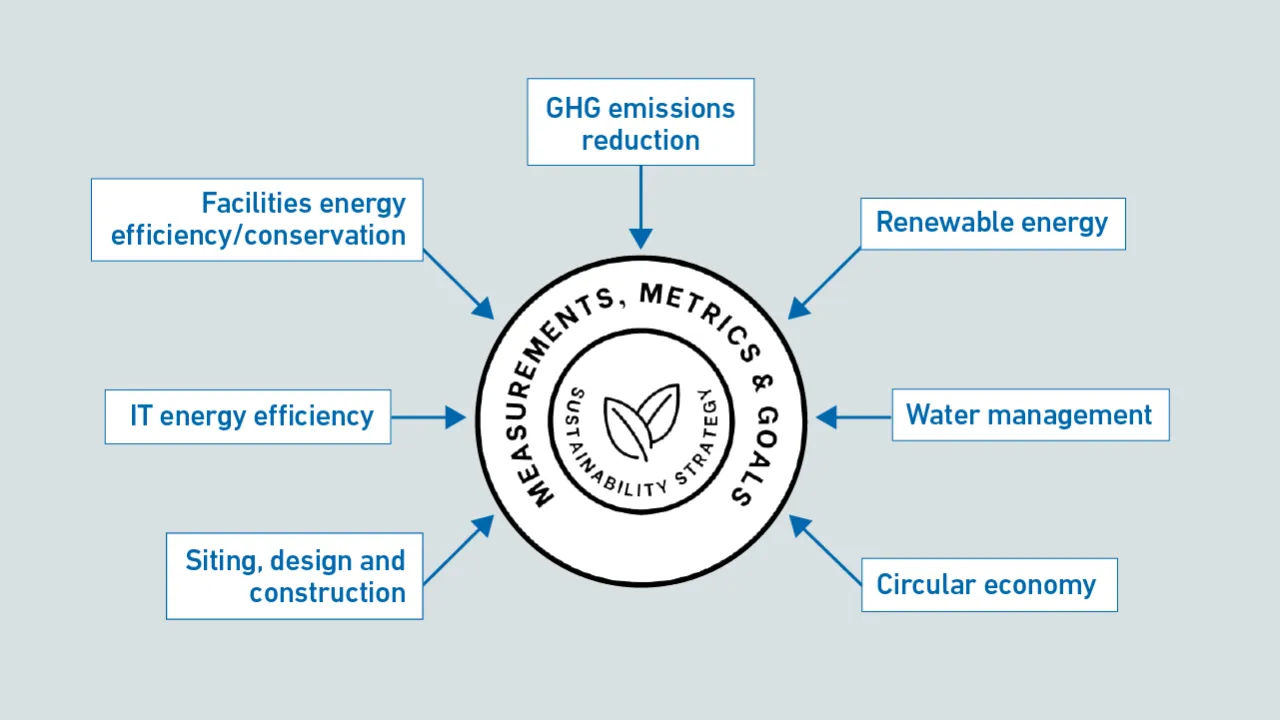
 Andy Lawrence
Andy Lawrence
 Daniel Bizo
Daniel Bizo
 Rose Weinschenk
Rose Weinschenk
 Max Smolaks
Max Smolaks
 Jacqueline Davis
Jacqueline Davis
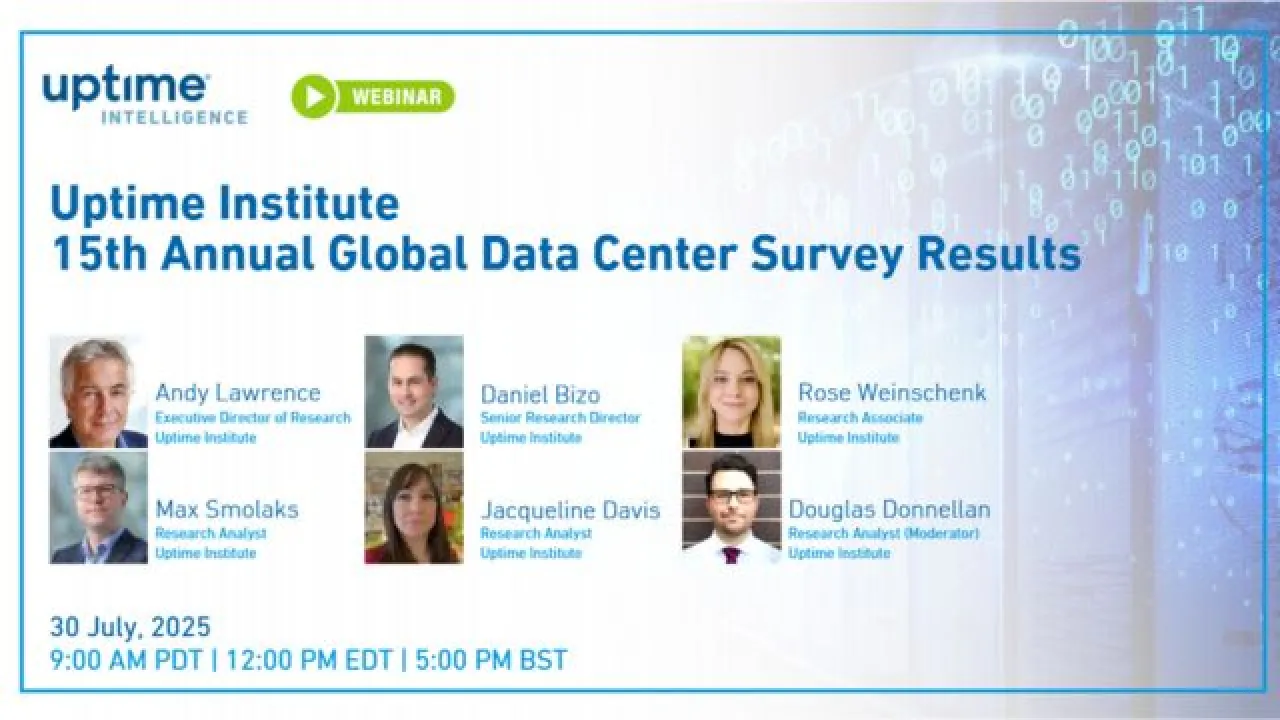
 Seb Shehadi
Seb Shehadi
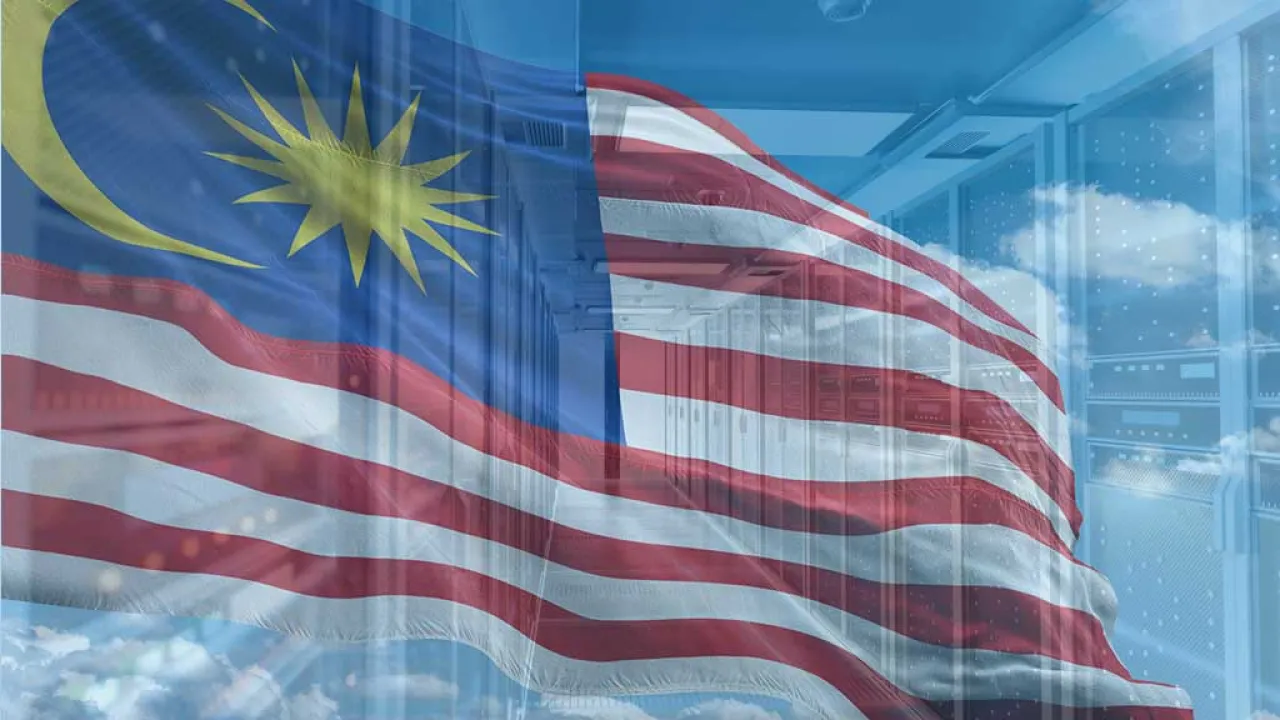
 Jay Paidipati
Jay Paidipati
 Peter Judge
Peter Judge
